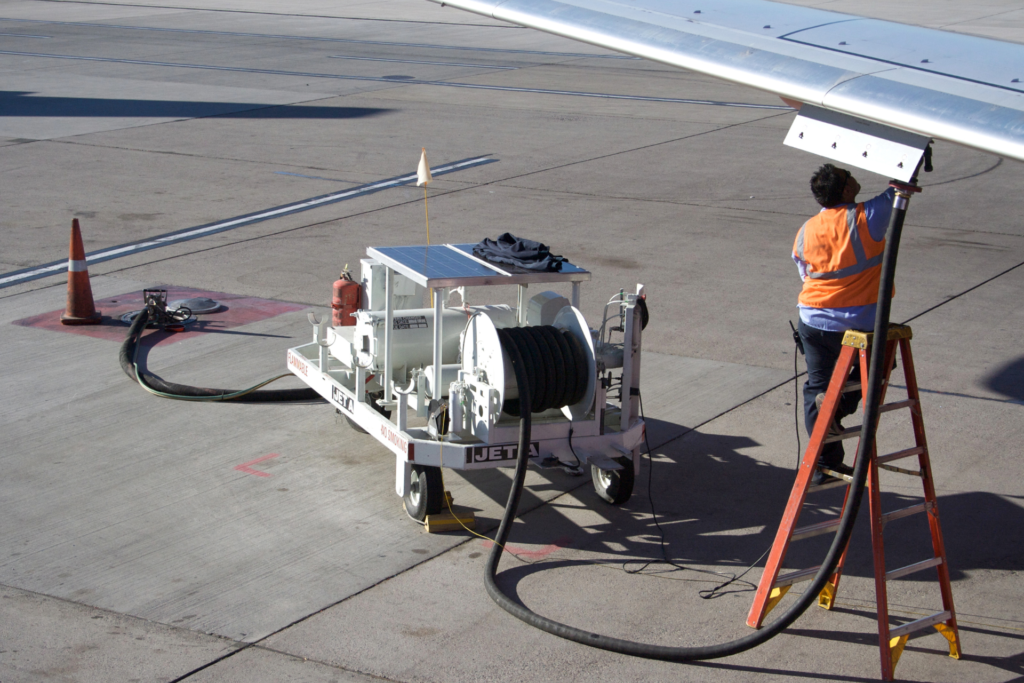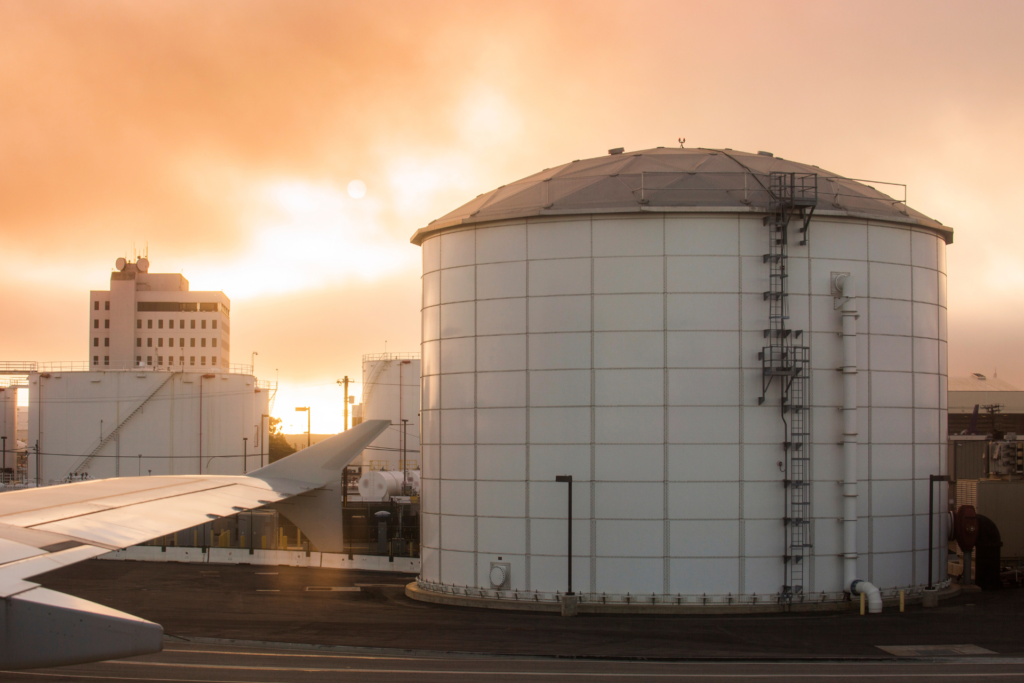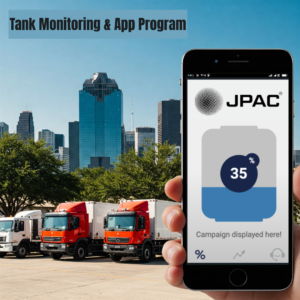The jet fuel supply chain is facing unprecedented challenges, impacting industries that rely on efficient fuel access. From rising costs to logistical bottlenecks, businesses in aviation, transportation, and commercial sectors must adapt to a shifting energy landscape.
With fuel shortages creating disruptions across the southern U.S. and Mexico, companies must rethink their strategies for fuel procurement, storage, and distribution. This article explores key factors behind the jet fuel supply strain, its impact on industries, and how businesses can secure reliable fuel solutions.
Factors Contributing to Jet Fuel Shortages
A variety of global and regional factors are influencing the availability of jet fuel, leading to price surges and logistical difficulties.
1. Supply Chain Disruptions
- Refinery Maintenance & Production Limits: Routine and unexpected refinery shutdowns have reduced jet fuel output, creating supply shortages.
- Transportation Bottlenecks: Rail and trucking delays make it difficult for suppliers to deliver jet fuel efficiently, especially to high-demand areas.
2. Increasing Demand from Key Sectors
- Aviation Growth: A rebound in global air travel has significantly increased the demand for jet fuel, straining existing supply chains.
- Industrial & Military Needs: Beyond aviation, industries such as defense and manufacturing also rely on jet fuel, intensifying competition for resources.
3. Fluctuating Crude Oil Prices
- Market Volatility: The price of crude oil directly influences jet fuel costs, making long-term planning more complex for businesses.
- Uncertain Future Outlook: As global energy markets shift, securing stable jet fuel pricing has become increasingly difficult.
These challenges highlight the urgent need for businesses to adopt strategic fuel management solutions.

The Impact of Jet Fuel Shortages on Industries
The effects of jet fuel shortages extend far beyond aviation, creating economic and operational challenges across multiple industries.
1. Rising Fuel Costs for Businesses
- Higher jet fuel prices increase transportation costs, which trickle down to consumers and businesses relying on fuel-dependent operations.
- Many companies are adjusting their budgets and supply chain models to absorb unpredictable fuel expenses.
2. Supply Chain Delays & Efficiency Losses
- The lack of jet fuel availability affects cargo transport and commercial distribution networks, leading to slower delivery times.
- This increased demand is also affecting adjacent fuel markets, pushing diesel and gasoline prices higher.
3. Competitive Fuel Market Conditions
- Airlines, logistics companies, and industrial users are competing for a limited jet fuel supply, driving up procurement costs.
- Fuel suppliers must now focus on optimizing storage and distribution to meet increased demand.
Navigating these challenges requires innovative approaches to fuel sourcing and logistics management.
Overcoming Fuel Shortages with Smarter Logistics
To ensure fuel reliability, companies like JPAC Global Energy are implementing solutions that address the jet fuel supply strain and improve distribution networks.
1. Expanding Supply Networks
- Diversifying sourcing strategies helps businesses reduce dependency on a single supplier and ensures consistent jet fuel availability.
- Establishing strategic partnerships with refineries, distributors, and logistics providers strengthens fuel security.
2. Advanced Fuel Storage & Monitoring
- Tank monitoring technology helps businesses track real-time jet fuel inventory, preventing shortages before they occur.
- Emergency fuel delivery services ensure uninterrupted operations in critical sectors.
3. Risk Management & Fuel Pricing Solutions
- Fuel hedging strategies help companies protect against sudden jet fuel price fluctuations.
- Seasonally blended fuels enhance efficiency and adaptability in different climates and operational environments.
By embracing these solutions, businesses can mitigate risks and maintain reliable fuel access.

Strategies for Navigating Jet Fuel Supply Strains
In response to the jet fuel strain, companies like JPAC Global Energy are leveraging proactive solutions to ensure supply continuity and operational efficiency.
1. Expanding Fuel Sourcing & Supply Chains
- Diversified supply channels help reduce reliance on single-source refineries.
- Strategic partnerships with fuel producers and distributors improve supply resilience.
2. Enhancing Logistics & Delivery Efficiency
- JPAC’s Tank Monitor and App Program optimizes fuel tracking and inventory management.
- Emergency fuel delivery services ensure businesses receive fuel when needed, even during shortages.
3. Implementing Risk Management & Alternative Fuel Strategies
- Fuel hedging programs protect businesses from extreme price fluctuations.
- Seasonally blended fuels improve efficiency and adaptability across different climates.
Ensuring Fuel Security in the Southern U.S. & Mexico
With ongoing supply chain challenges, securing a dependable jet fuel partner is more important than ever. JPAC Global Energy is committed to providing tailored solutions that help businesses navigate fuel shortages with confidence.
By leveraging wholesale fuel services, emergency fuel delivery, and real-time monitoring technology, JPAC ensures consistent fuel access across the southern U.S. and Mexico. Whether facing pricing volatility or logistical disruptions, businesses can rely on innovative fuel strategies to stay operational.
Don’t let fuel shortages disrupt your operations. Click here to contact us or visit our website now to explore reliable fuel solutions.






